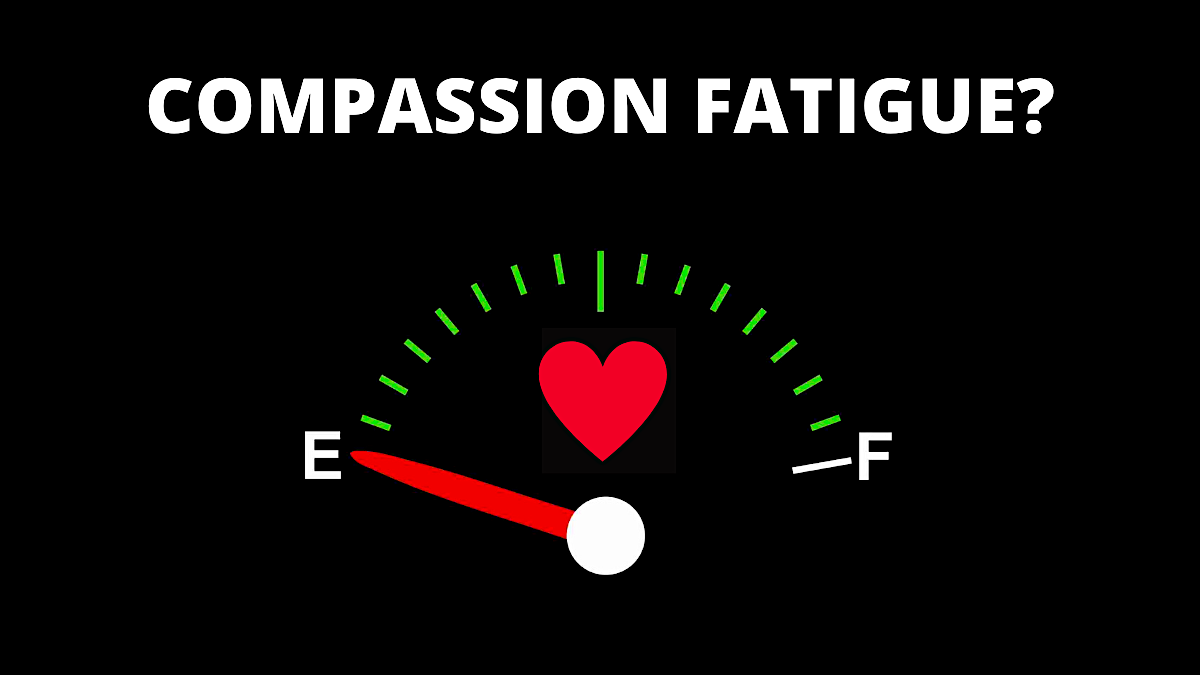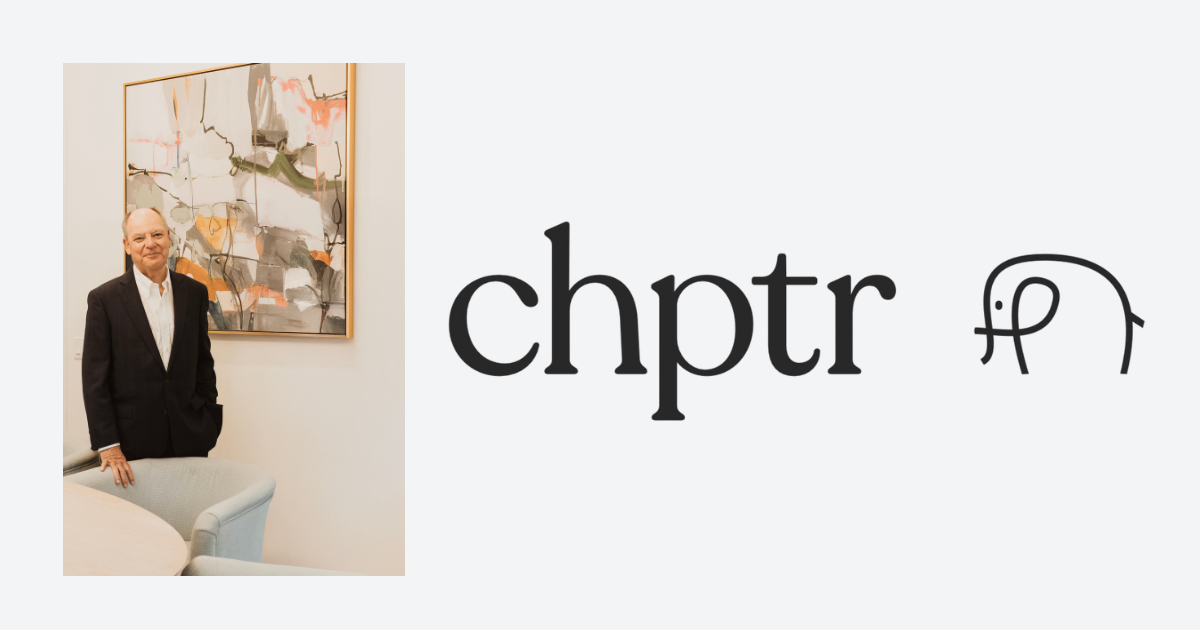COVID Compassion Fatigue And You: 3 Self-Care Tips
Thanks to contributing author Emily Gehman for this great article!
Someday, COVID-19 will live only in the history books. For now, it’s an evolving situation, fraught with an overwhelming load of information that our brains and emotions probably weren’t meant to process every single day. We’ve already seen plenty of tragedy from the COVID-19 virus. But what’s yet unaccounted for—and probably will never be fully realized—is the mental health toll the pandemic has wrought on us all.
It’s hard enough to have the threat of illness looming for ourselves and those we love. The ensuing shutdowns, job losses, extended periods of isolation, and a new raft of schooling- and working-from-home responsibilities have wreaked havoc on even the healthiest, both physically and mentally.
These effects aren’t always measurable, but that doesn’t make them any less palpable.
And for death care professionals—who are indeed essential workers—the mental and emotional effects of caring for the grieving amidst and because of a pandemic are, simply put, exhausting.
Compassion Fatigue Coping
Compassion fatigue is a very real phenomenon with which you are likely familiar. Caring for the grieving is a sacred mission, and it’s one that requires sympathy of mind and heart, even without a global crisis in process.
Your heart is what makes you great at what you do.
But add layers of worry, fear, isolation, and restrictions for human interaction and grieving processes—not to mention threat of job loss, underemployment, and an unstable economy—and you’ve got a client base that is in even greater need of compassion.
On any given day, you might answer a phone call for yet another COVID-19 victim while also welcoming grieving families into your lobby. You coordinate memorial services, but must ask attendees to refrain from embracing each other and require face coverings for the duration of their stay.
It’s a strange and burdensome time for death care professionals.
Your mental and emotional health is important. As you care for grieving families throughout a devastating pandemic, you must first take care of yourself. Here are some tips for self-care that may help you manage the current mental health hazards.
- Identify and acknowledge the tension. Ignoring the stress, pushing it down, or telling yourself “it’s no big deal” only adds to the anxiety. Our current circumstances are real; the pandemic is affecting everyone in different ways. Just because you haven’t lost what someone else has doesn’t mean you’re impervious to the pain. Recognize the source, name it, and don’t give it too much power.
- Make and keep appointments with yourself. At some point, you’ll need to recharge. Even if your lobby is full and the phones are ringing off the hook, you need to be full in order to give. Set aside time to be alone—even if it’s just a half-hour every day—put it in your calendar, and respect it. Don’t miss that appointment. Do whatever you need to do to make it a priority; schedule someone to cover a phone or reception shift, go to a different part of the building, or make a coffee run. It’s important for you to care for yourself so you can care for others.
- Take care of your physical health, but have grace for when you aren’t perfect. Getting enough sleep and putting the right kinds of food in your body are ways to feel your best—and, not to mention, stay healthy. Keeping up on your vitamins, avoiding junk food, going for walks, and sticking to a regular bedtime are easy ways to help stave off any illness. But don’t let this be a source of further stress for you. Somedays it’s not possible to hit all these benchmarks, and that’s okay. Have grace for yourself when you’re not perfect.
Find more self-care helps here, here, here, and here.
We won’t fully know the mental health toll of the COVID-19 pandemic anytime soon. And it’s not something we can control for the population as whole. But you can control how you prepare for and manage stress. Taking these and other self-care steps may prevent your own mental health from becoming a statistic.
Your clients are worth it, and so are you.




